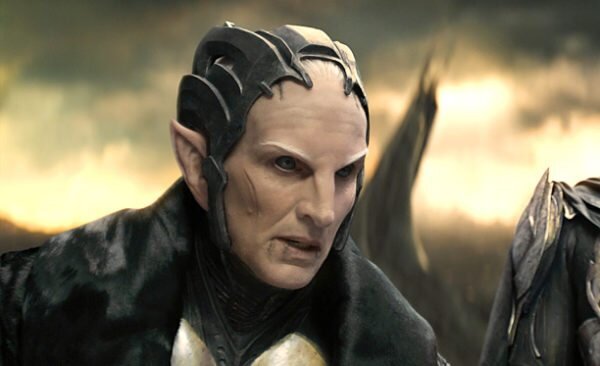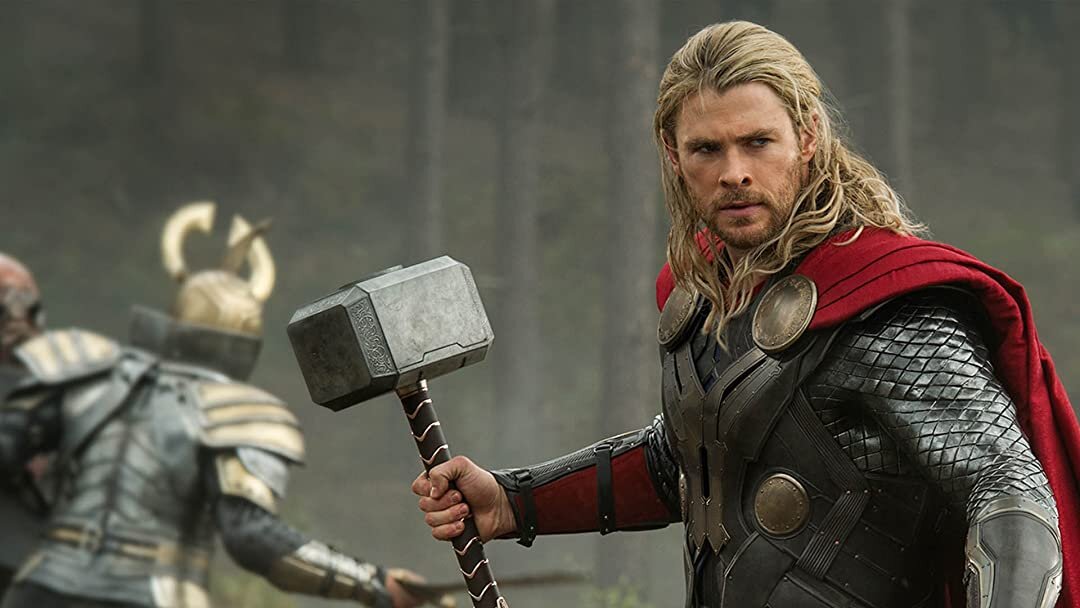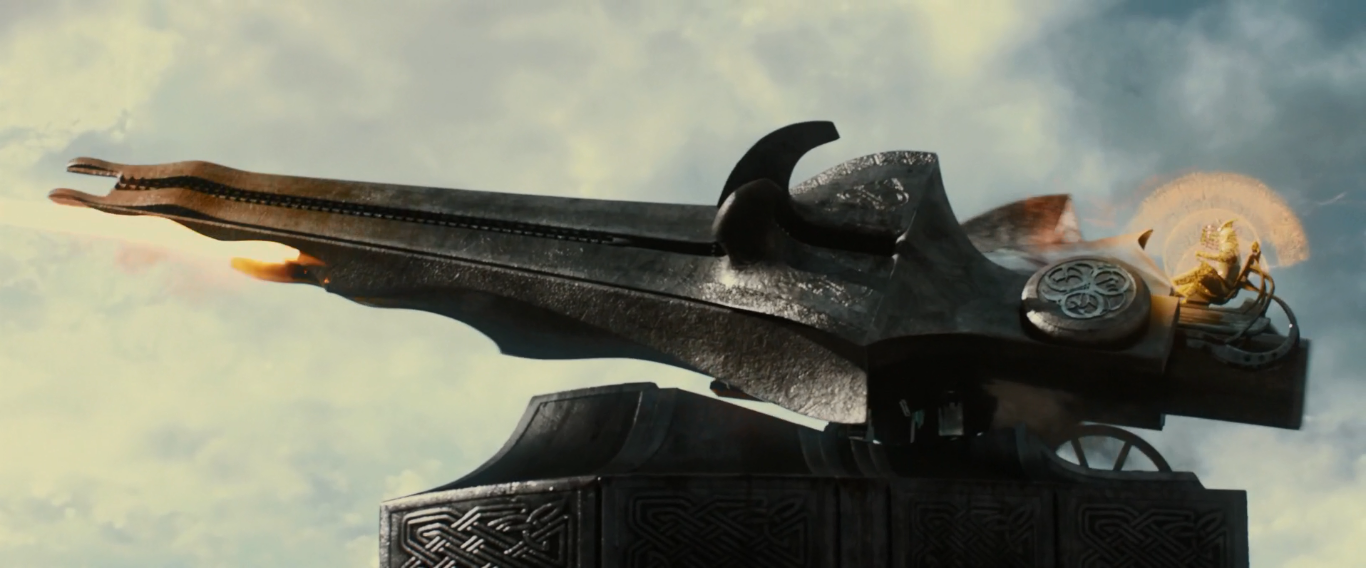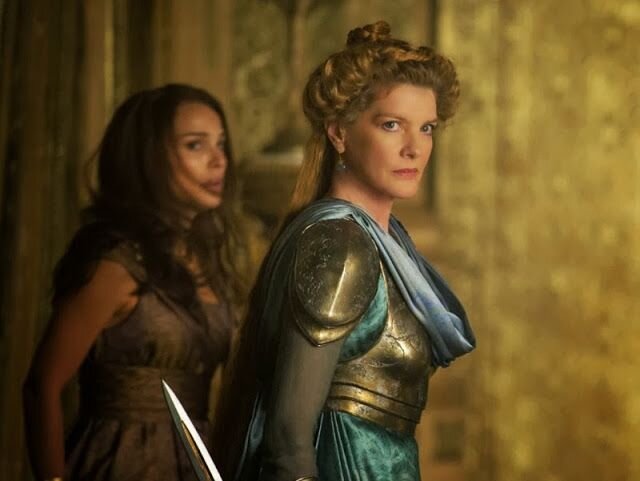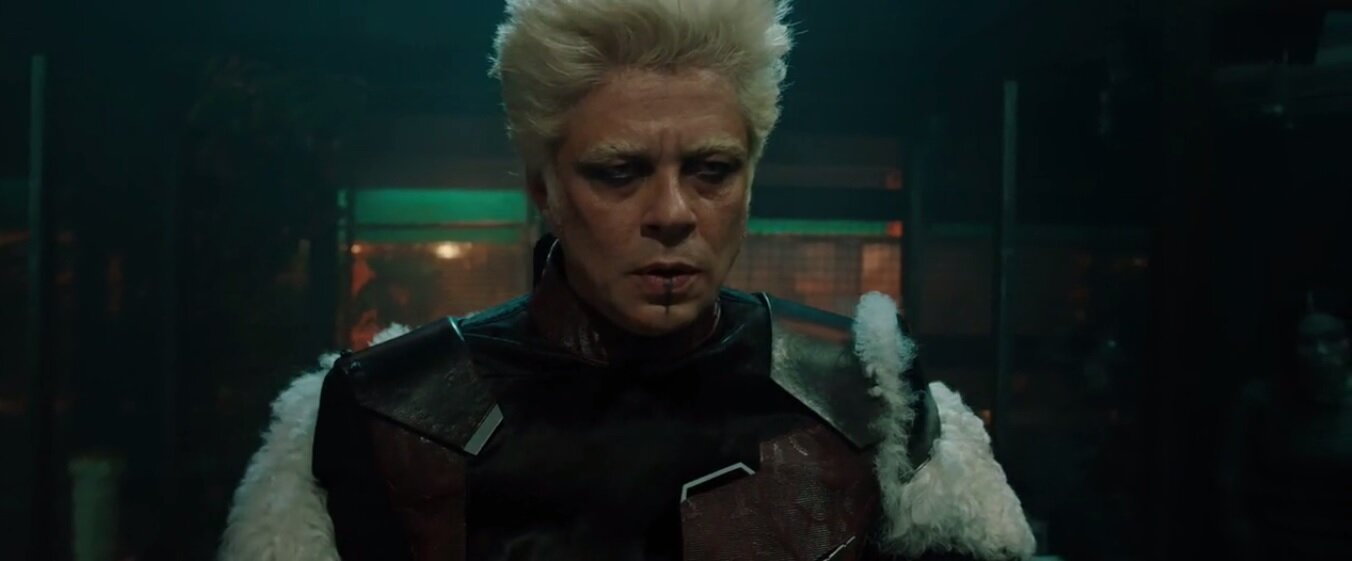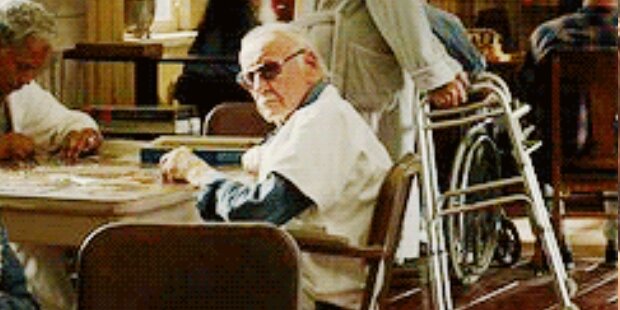23 Marvelous Movies: Thor: The Dark World
Both Iron Man 3 and Thor The Dark World were released in 2013. Meanwhile, Warner Bros and DC had launched their cinematic universe with Man of Steel in that year as well, which was met with a disappointingly small box office intake and less than stellar critical reception. Many of the complaints lobbied against Zack Snyder's take on Superman were about how downbeat and overly bleak it was.
Interestingly, many of those critiques were also thrown at Thor: The Dark World, hence its relatively low Rotten Tomatoes score and box office draw. With all that said, it is hard to ignore its place in the overall grand scheme of the Marvel Cinematic Universe.
The director this time is Alan Taylor, best known for his work on Game of Thrones, which explains why The Dark World does feel like an episode that series, albeit faster paced and more action. I suppose that it is appropriate for the movie's less fantastical tone, but that tone is precisely what makes it feel so much less engaging.
The biggest flaw with Thor: The Dark World is that it simply isn't as fun as it could have been. It may be similar to Iron Man 3 because it also takes a darker approach with its character and raises the stakes higher than they were before, but the seriousness doesn't feel as organic as it did in that film because it lacks the same inner turmoil and deconstructionist approach. The Dark Elves are really the only reason why this film earns the word "dark" in the title.
It also doesn't help that it doesn't try to be as different from its predecessor as Iron Man 3 and Captain America: The Winter Soldier were from their precursors, still starting with a monologue by Anthony Hopkins, still spending a large amount of time on Earth, and still fleshing out its supporting characters as much as it should, not even the primary antagonist.
As far as Marvel villains go, it's difficult to think of one less interesting than Malekeith. There is no real contrast with him and the protagonist-except Thor is good and Malakeith is evil-and there isn't even a real theme of the film that he reflects in a meaningful way. He is the only antagonist in the series who is literally just there because the movie needs an antagonist. This is especially a problem when his motivations to combine all nine realms are based largely on the survival of his species, the Dark Elves, meaning there was much potential for him to be a sympathetic villain. Unfortunately, it's not explored at all.
At least his weapon of choice is interesting.
The Aether is a dangerous reality-churning fluid that lies dormant in a stone on Earth, which Jane Foster is unlucky enough to encounter while investigating London and have flow through her body, making her quite literally a walking bomb and a target of Malakeith who wants the Aether to unite all nine realms in darkness during a once-every-thousand-century convergence. It's interesting to see a liquid be the villain's main tool for destruction, unlike most such instruments in other fantasy movies which would be solid objects. It also is what makes The Dark World a necessary entry in the grand scheme of the MCU for reasons we'll get to later.
The returning side characters are about the same as they were in the original; not really better or worse. Jane is still endearingly plucky and curious, Odin is still a regal and powerful king, Heimdall is entertainingly stoic and intimidating, Lady Sith and the Warriors Three have about as little development, unfortunately, Darcy is still annoying and tries way too hard to be funny (and given a pointless relationship with an intern of hers), and Dr. Selvig-still recovering from when Loki took control of his mind-is funny and endearing in his obsession with people in the real world would call "mythology".
With all that said, The Dark World does flesh out the character that needs it the most: Thor himself.
Thor's main progression as a character in this outing is relying more on his instincts than simply looking towards his culture and heritage for guidance, after seeing how much Odin is willing to allow his subjects to die defending Malekith and not help the people on Earth threatened by him.
Thor knows deep down that he shouldn't trust Loki after New York, but Loki's knowledge of all the secret tunnels that lead to different realms-including the Dark Elves' homeworld of Svarttallfheim-makes him a valuable part of his plan to take down Malakith, which is to allow him to extract it and then destroy it when it's outside Jane's body. He even uses Loki's tricks to deceive the Dark Elves by having it look like Loki has cut off Thor's hand, only to surprise the elves when he summons Mjolnir.
Unfortunately, Malakith takes the Aether unharmed and still hellbent on bringing the worlds together in darkness. But Thor doesn't give up there. After a creative climax where he and Malekith are teleported around other realms, he uses Jane's science equipment to teleport Malekith back to Svarttalfheim where he is crushed by his own ship.
Speaking of which, we also see some more of science meeting magic in Asgard like the operating table that nurses use to look at the Aether flowing through Jane's body, the barriers of their dungeon cells that will destroy prisoners as soon as they touch them, and the laser cannons they fire at the dark elves during the Dark Elves' breach of the kingdom. Even the Elves have their own weapons that are basically just magical grenades.
And at the end of the day, Thor rejects his father Odin (or who he thinks is his father Odin)'s offer to be king of Asgard, preferring to continue to fight for humans, even though he was maintaining peace across the nine realms at the beginning of the film just so he could claim the throne. This shows how transformed he truly is by his experiences with Jane and other humans on Earth.
And then there's the character that really became a star after his time as the antagonist in The Avengers: Loki, who's held prisoner for his actions against Earth.
His interactions with Thor have an underlying tension to it because we know he can betray his brother at every turn. Somehow, the film manages to have the audience think that Loki really did redeem himself when he seems to die in Thor's arms and apologizes.
This is why I felt somewhat stupid to be surprised when it turns out he never died at all, and everything he has done really has been just a plot to take the throne.
It’s also touching that both Thor and Loki are ultimately united by their desire for revenge for the death of their mother, showing an extra layer in their complicated relationship.
Thor and Loki's mother Frigga is a character who truly shines in this film, which despite her being introduced in the first Thor, counts as her real debut. Not burdened by being the supreme god of gods like her husband, Odin, she has a distinct sense of compassion for humans and understanding of her sons, as shown for when she tries to comfort Loki when he's in prison by bringing him books and furniture. Unfortunately, her love is not mutual as Loki is still bitter against the family for not telling him of his true origins as a Frost Giant.
Strangely enough, her protectiveness of Jane is more interesting than her love for her sons, as shown by her use of the same powers of deception that Loki uses to hide her from the dark elves. Though, sadly she dies doing so, leading up to a funeral scene that is as beautiful to look at as it is heartwrenching, making it just about the only dark moment that feels earned.
Whether Thor: The Dark World is a worthy entry in the MCU or not is up for debate. What isn't is that it is crucial in how it introduces us to the concept that will link all these movies together: The Infinity Stones. The mid-credits scene where Sif and Volstaag visit a strange man called The Collector, confirm that a certain stone rests inside the Tesseract which lies in Odin's treasure vault, and give him the Aether as a concentrated gem. What's his response?
"One down. Five to go."
And he's not the only one after them.





